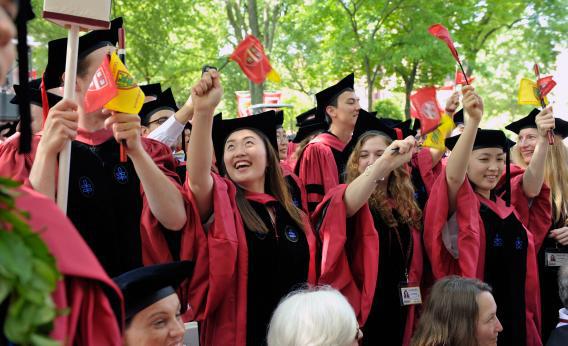In Reuters, Sarah McBride takes a hard look at Silicon Valley’s meritocratic ideals. Reviewing the evidence, she concludes that “the keys to success in the startup world are not much different than those of many other elite professions. A prestigious degree, a proven track record, and personal connections to power-brokers are at least as important as a great idea.”
Her findings: Of 88 Silicon Valley companies that got Series A venture-capital funding from a top-five firm in recent years, 70 were founded by people who had either prior experience at a well-connected tech company or a degree from just one of three schools: Stanford, Harvard, and MIT. The results, she notes, dovetail with research showing that “tech entrepreneurs are substantially wealthier and better educated than the population at large.”
McBride’s full story is well worth reading, packed with anecdotes about how well-heeled entrepreneurs leverage their connections to raise millions from venture-capital firms. It also includes a few examples of people without Ivy League degrees who beat the odds and found success.
The implication here is not that the Silicon Valley startup world is uniquely discriminatory. The implication is that it’s no different from any other high-powered, competitive industry. And that’s discouraging, because it would be nice to think of Silicon Valley as a shining beacon for the American Dream in the 21st Century. But it might not be quite as discouraging as it first sounds.
On closer inspection of Reuters’ data, a few things become more clear. One is that being a successful startup founder doesn’t require a Stanford education, previous startup experience, and connections to big tech companies. The majority of the “well-connected” founders in her studies actually have just one of the three. So, for instance, the number who attended the three elite schools mentioned is closer to 35 than 70. That’s still quite a concentration, especially given that Stanford alone accounts for more than half of those 35. But if you look at it another way, it means that the clear majority of successful startup founders come from schools other than those big three.
Similarly, if you reframe the main finding, 18 of 88 startups that pulled winning tickets in the venture-capital sweepstakes were founded by people who had never worked at a major tech company or a well-connected startup, never founded a successful company before, and did not attend Stanford, Harvard, or MIT. That’s one in five—not a lot, but not an insignificant proportion, either, when you consider that we’re talking about total tech-industry outsiders striking it big. For comparison’s sake, it would be interesting to learn the percentage of authors who scored million-dollar book deals in the past three years who weren’t already famous, lacked publishing-industry connections, and had never written a successful book before. I’m guessing it’s a lot closer to zero.
The takeaway should not be that outsiders can’t make it in Silicon Valley, but that they face more obstacles in getting funding than do people with fancy resumes. Rather than discouraging non-Stanford-grads from founding a company, McBride’s piece should serve as a reminder to smart venture capitalists that their own unexamined biases may be leading them to bet on too many founders who fit a conventional mold. After all, every good VC knows that you don’t make big money on the safe, predictable picks—you make it on the outliers.
